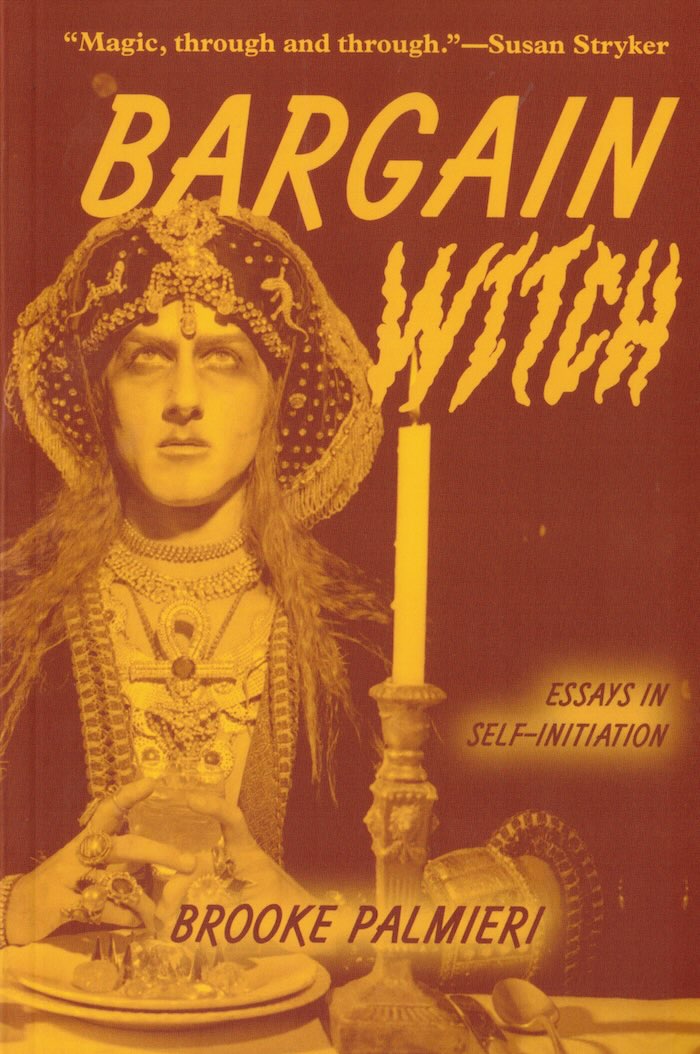
Corner Vol. 1
Paul Breazu ed., Raluca Voinea ed., Sorin Popescu ed., Dana Andrei ed.
CORNER football+society VOL.1 comprises all contributions from the first six issues of the eponymous artist-run magazine, published in Romanian between 20015-2017.
With texts and conversations by: Mihnea Anţilă, Octav Avramescu, Violeta Beclea-Szekely, Matei Bejenaru, Declan Clarke, Irina Costache, Ion Dumitrescu, Florin Flueras, Bogdan Ghiu, Christopher Johnson, Cosima Opârtan, Florin Oprea, V. Leac, Andrei Mihail, Vasile Mihalache, Anca Verona Mihuleţ, Petrica Mogoş, James Montague, Cat Năstăsoiu, Pompiliu Nicolae-Constantin, Alexandra Pirici, Florin Poenaru, Ovidiu Pop, Powerpuff, Corneliu Porumboiu, Anamaria Pravicencu, Claudiu Revnic, Matei Sâmihaian, Ben Shave, Ştefan Tiron, Ovidiu Ţichindeleanu and artworks by: Enric Fort Ballester, Alex Bodea, Irina Botea + Jon Dean, Ion Grigorescu, Hortensia Mi Kafchin, Cătălin Mihalache, Monotremu, Dan Perjovschi, Alexandra Pirici & Jonas Lund, Raluca Popa, Gabriele de Santis, Sergiu Sas.
CORNER fotbal + societate is a periodical publication that proposes a crossdisciplinary approach, taking football and its complex contemporary and historical context as a starting point. This material foregrounds less (re)presented subjects and follows its evolution and social determinations. Aiming to intersect the culture of sport with various fields of knowledge such as anthropology, art, contemporary dance, architecture and economics, it follows less discussed aspects such as horizontal organisation, representation of minorities, gender power relations, subcultures and the relationship between the individual, group and society - amongst other topics. Under the current conditions, where both sport and art are being confiscated by the media and transformed into commodities, CORNER reclaims the democratic and emancipatory aspects of football, alongside a critical analysis of its functioning and reception modes.
Language: English







